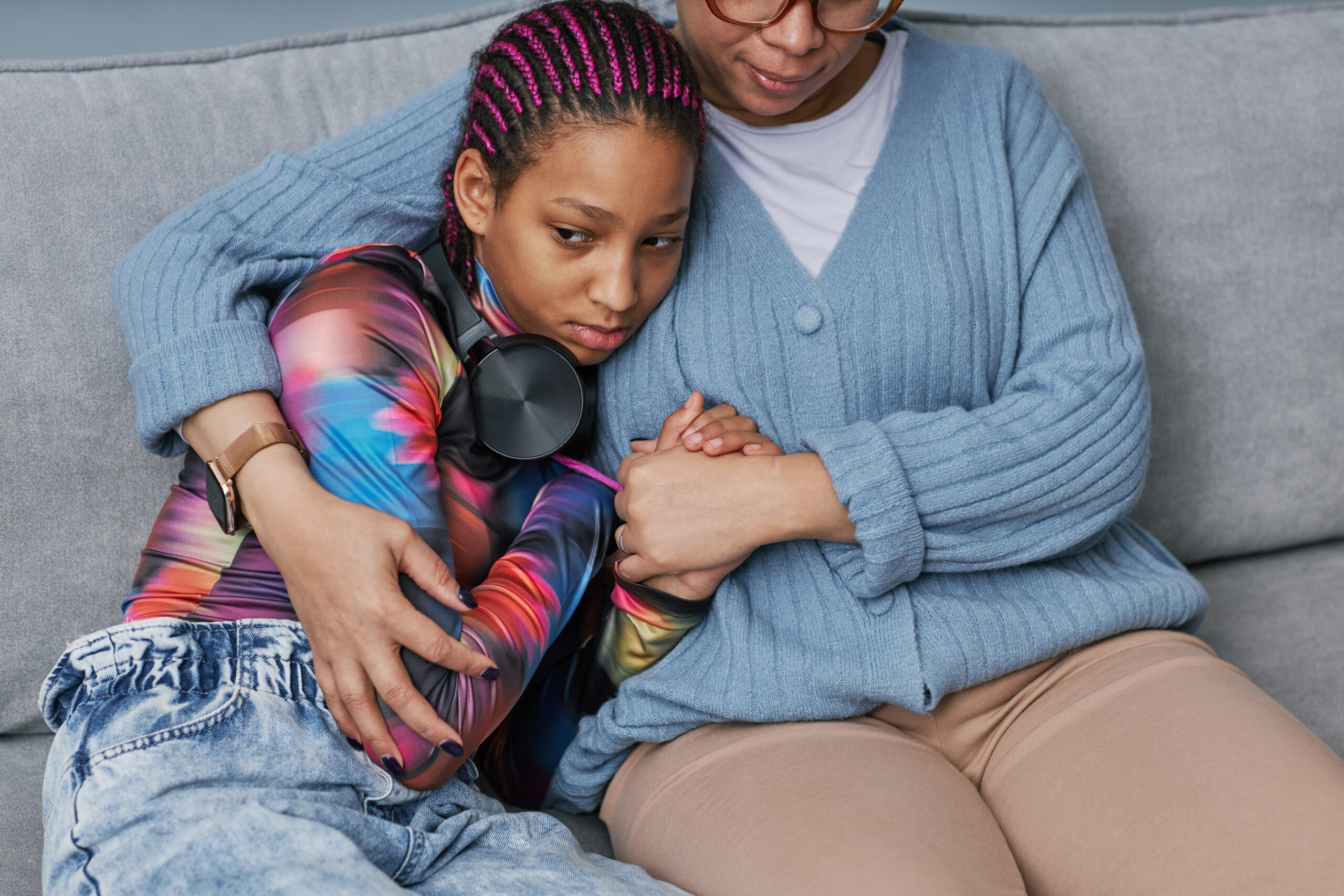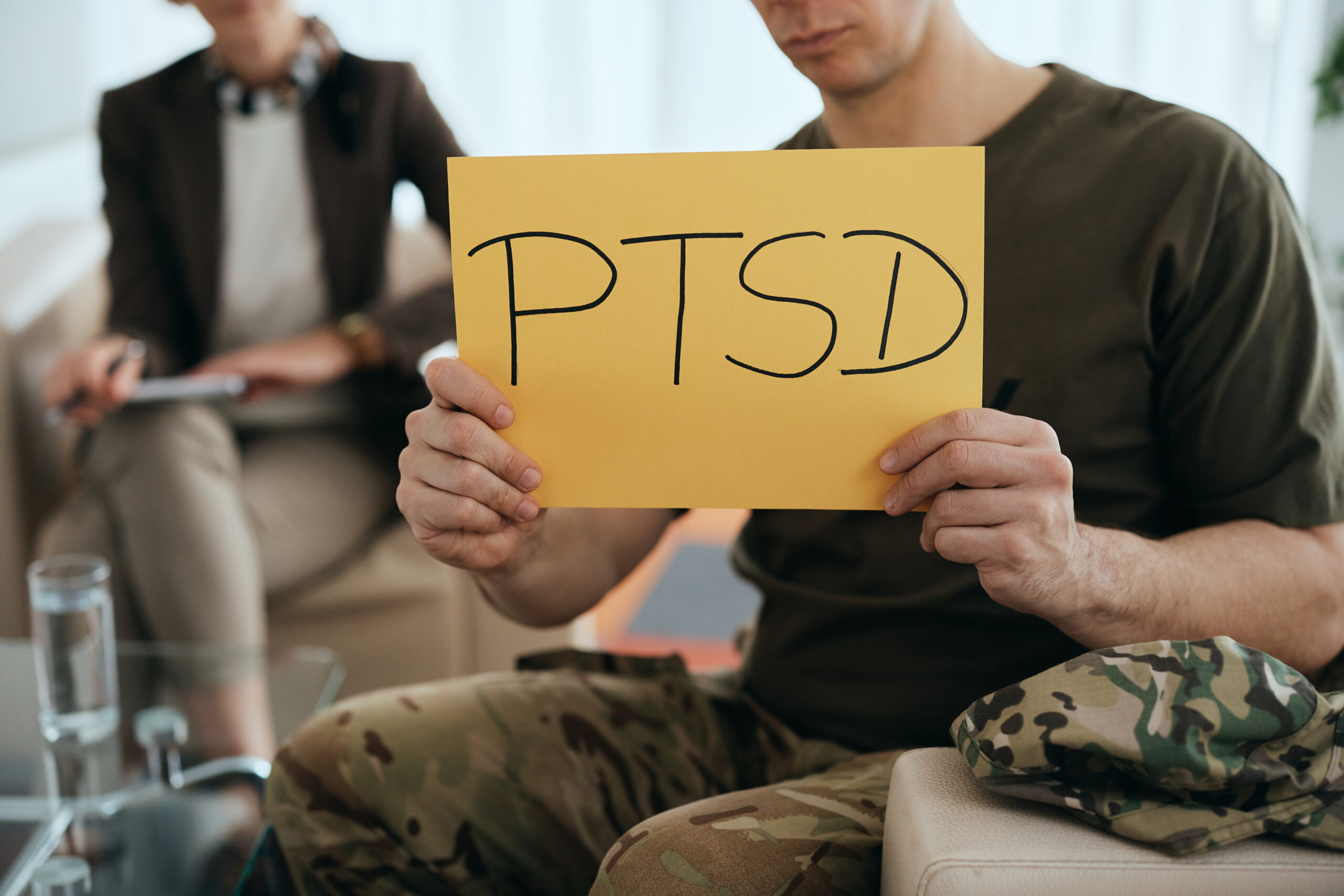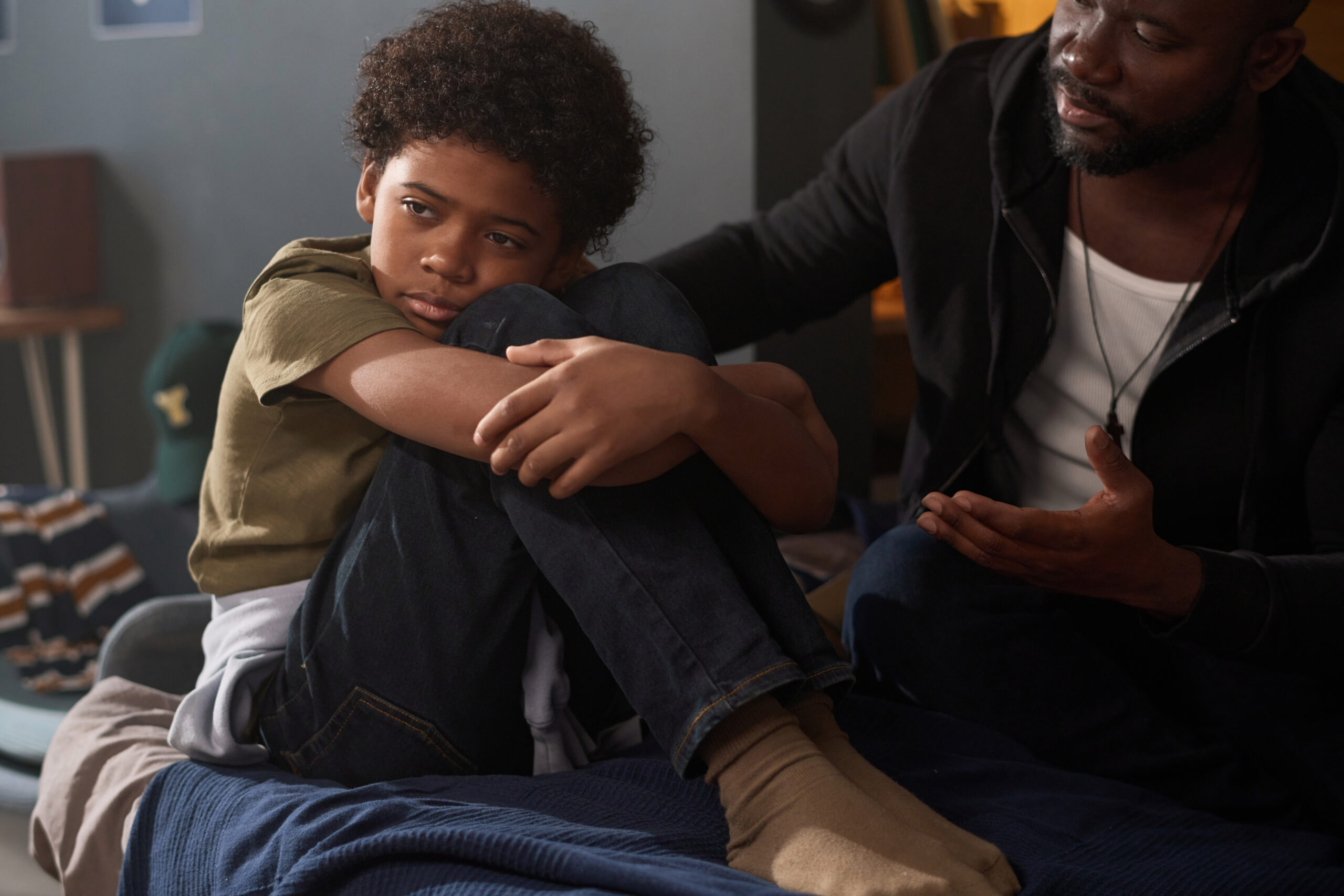If you are experiencing post-traumatic stress disorder (PTSD), you might feel uneasy about certain memories…

For Teens: Coping after Mass Violence Part 1
Incidents of mass violence, which result in numerous injuries and fatalities, have a profound impact on the entire community. Dealing with the aftermath can be incredibly stressful. You or your friends may have suffered physical injuries, experienced anxiety about the safety of loved ones, or faced the loss of someone dear. You might have also been questioned by law enforcement. It can be challenging to know where to start in trying to comprehend what has occurred. As time passes, most individuals gradually feel better and return to their daily lives; however, understanding the effects of mass violence can aid in your self-care and support for others. Here are some typical reactions to mass violence:
Feeling afraid or unsafe
Experiencing mass violence can be deeply unsettling and may lead to concerns for your safety. If the individuals affected were engaging in activities you often partake in or were in locations you frequently visit, it can heighten your feelings of fear, anxiety, and insecurity. While you might think that feeling afraid is immature, it’s important to recognize that these reactions are normal after such events. Rest assured that various community members, including first responders, school personnel, parents, and other supportive adults, are dedicated to enhancing your safety and that of your community. As a teenager, your voice can play a crucial role in these initiatives. You can advocate for safety measures that resonate with you or join existing groups that share similar objectives.
Having trouble getting back to your normal routines and feelings
Following an incident of mass violence, many teenagers may encounter some of the following reactions, even if they don’t openly discuss them:
- Difficulty falling asleep or staying asleep, experiencing restless nights, or having nightmares
- Struggles with concentration and focus at school or work, feeling unproductive, or being in a daze
- Experiencing sadness, anger, confusion, or fear of a potential recurrence of the violence
- A sense of isolation or numbness, feeling misunderstood by friends and family, or feeling distanced from them
- Inability to shake off thoughts, images, or memories of the violent event
- A lack of interest in activities that once held significance or importance
- Physical symptoms such as headaches, stomachaches, rapid heartbeat, or changes in appetite
- Triggers from sights, sounds, people, places, or other stimuli that remind you of the violence
- Feeling jumpy, irritable, or constantly on high alert for potential danger
Worrying about family and loved ones
As a teenager, you are gaining independence and shaping your own values and interests. Following incidents of mass violence, you may find yourself worried about your family in new ways, or your concerns may have grown stronger. For instance, you might become more conscious of how these events affect elderly relatives or younger siblings, leading to increased protectiveness or concern for their safety. If you notice that your parents or caregivers are deeply affected by what has occurred, you may hesitate to share your own feelings, not wanting to add to their distress. It can be beneficial to find a trusted adult with whom you can discuss your thoughts, feelings, and reactions regarding the mass violence, ensuring that you don’t have to face your experiences alone.
Making everyday issues worse
Adolescents encounter numerous challenges, such as adjusting to middle or high school, meeting academic standards, juggling sports or other activities, managing job responsibilities, planning for college, coping with peer pressure, and addressing issues at home or in their personal lives. You might feel that your struggles are minor compared to the severity of mass violence. However, experiencing such events can amplify the daily challenges you already face, making them seem much more overwhelming. This is particularly true if you have previously encountered trauma, have a history of depression or anxiety, or are currently receiving counseling support.
Impacting identity issues
As a teenager, you might be discovering more about your identity, including your sexual orientation, gender, religion, ethnicity, race, or political beliefs. If a violent act targets a group you relate to, it can evoke particularly intense emotions. You may experience an increased sense of threat, fear, or insecurity. This situation might also amplify feelings of isolation or disconnection from your peers, family, or the broader community. Often, communities unite in the wake of mass violence to support the affected individuals and honor those who lost their lives, which can provide you with a sense of belonging, acceptance, and security as you navigate your identity.
Seeking understanding: It can be incredibly difficult to comprehend why someone would deliberately harm and kill others. Such events can shake your faith in people, challenge your religious beliefs, or alter your perspective on the world. Finding meaning amidst hatred is a profound struggle. Engaging in conversations with friends, family, teachers, and faith leaders, as well as reading about these topics, can assist you in shaping your own thoughts about why such tragic occurrences take place.



